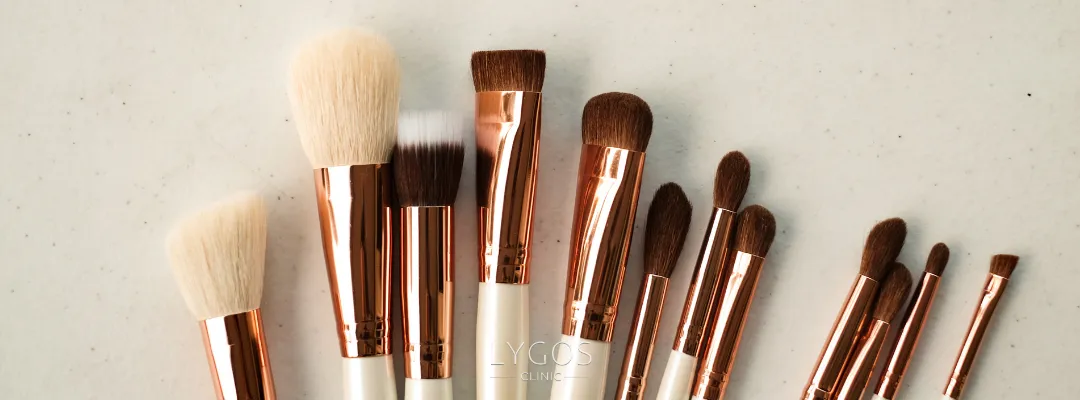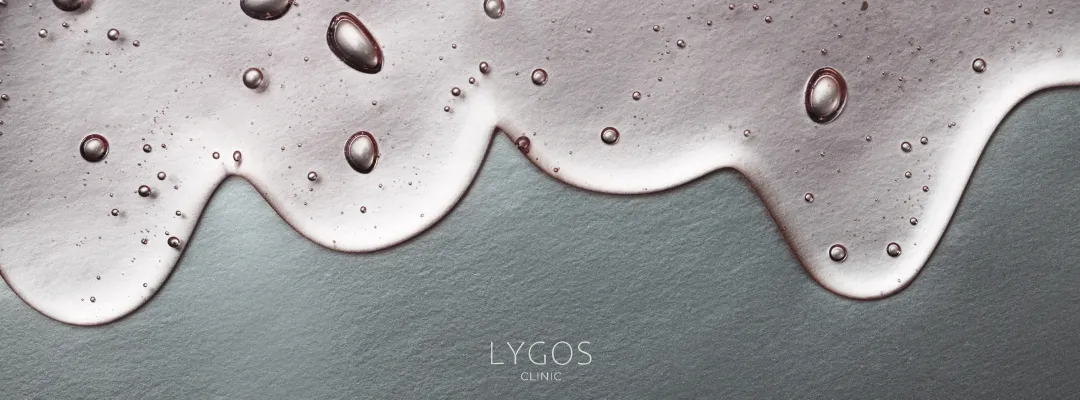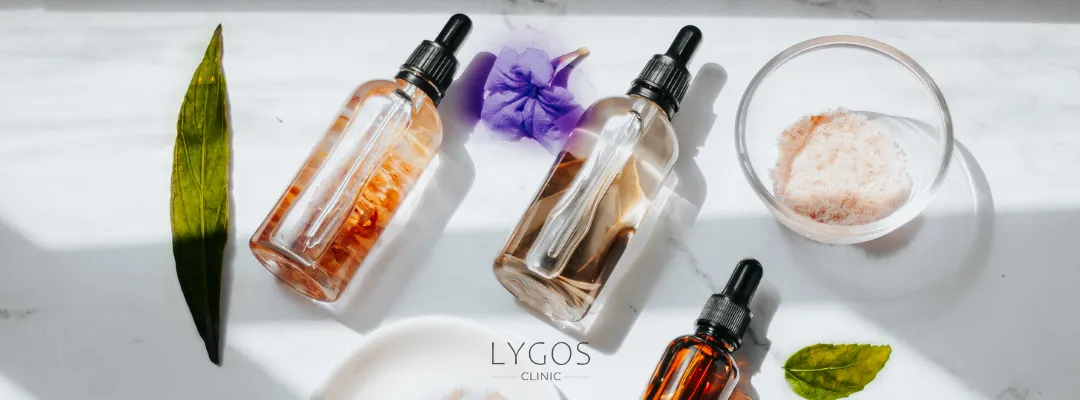What are Whiteheads? | Causes and Treatment | LYGOS 2025

What are Whiteheads?
Whiteheads, also known as closed comedones, are a common skin problem as one of the first stages of acne formation. These spots, which appear as small, white blisters on the skin surface, cannot be removed when squeezed due to their hard structure.
This occurs when the pores are clogged with oil, dead skin cells and bacteria. Whiteheads usually appear on the face, neck, shoulders, upper back and chest. Unlike blackheads, whiteheads have closed pores and are usually not inflamed. However, if bacteria get into these closed comedones, infection can occur. These whiteheads can turn into inflamed papules or pustules.
What Causes Whiteheads?
What causes whiteheads? There is more than one answer to the question. In the formation of this problem;
- Hormones
- Medicines used,
- Specific types of makeup,
- Genetic predisposition plays an important role.
- Factors that can worsen this condition include;
- Friction caused by items such as a bicycle helmet or backpack,
- Dirty air and high humidity,
- Glasses use,
- The habit of squeezing pimples,
- Excessively rough rubbing of the skin,
- Stress takes place.
Acne can occur when skin pores become clogged with the naturally occurring bacteria Propionibacterium acnes (P. acnes). Recent research shows strong links between acne and diet, poor skin care and stress. It is also known that whitehead formation can increase during the 2 to 7 days before menstruation.
What Causes Whiteheads on the Face?

Skin diseases or skin problems are often the result of neglected skin care. In its simplest form, a skin that is not cleansed, improper product use and not paying enough attention to the skin prepares the ground for the formation of whiteheads on the face. In addition, environmental factors can also trigger skin diseases.
Stress is at the top of these factors. It is possible to see the effects of stress under many skin diseases. What causes whiteheads on the face? To answer the question, there are many factors that lead to this situation. First of all, clogged pores are the main cause of this problem. In addition, air pollution, friction on the skin and even the use of glasses can lead to the formation of whiteheads.
How to Remove Whiteheads?

Although there are many ways to get rid of whiteheads or other acne lesions on the nose and face, not every solution works the same for everyone. You may need to try several different products or techniques to find the right whitehead treatment for your individual skin type. For example, pore cleansing strips specially developed for the nose may not be effective in treating whiteheads as they are only intended to remove oil from open pores. So, how to remove whiteheads?
Over-the-counter acne treatment products are characterized by powerful active ingredients such as benzoyl peroxide and salicylic acid. Although these two ingredients have different mechanisms of action, they are quite common in acne treatment. Benzoyl peroxide kills bacteria on the skin and reduces the puffiness associated with acne by removing oil and dead skin cells from the pores. Salicylic acid helps unclog pores and prevents the formation of whiteheads.
Other active ingredients such as alpha-hydroxy acids and sulfur are also commonly found in over-the-counter acne products. Alpha-hydroxy acids remove dead skin cells and prevent clogged pores, while sulfur helps balance the skin by controlling oiliness. Such products are usually available as creams, gels and face washes and can be supplemented with blemish-removing cosmetic treatments. Even after acne blemishes have disappeared, it is essential to continue using such over-the-counter skin care products. Otherwise, new whiteheads may form as bacteria re-locate in the pores.
If over-the-counter products or natural methods do not produce the desired results, more effective prescription treatments can be used. Treatments such as gels or creams containing retinoids, antibiotics, birth control pills containing estrogen and progestin may be preferred for more serious acne problems. However, the effectiveness of any topical or oral treatment for closed comedones may be limited. Also, some acne treatments, such as birth control pills or medications containing retinoids, should not be used during pregnancy. Therefore, it is important to consult a dermatologist to determine the best and safest approach to treating acne.
How to Prevent Whiteheads?

There are some effective steps you can take to prevent the formation of whiteheads, or closed comedones, and to maintain your skin health:
First, it is important to cleanse your skin regularly every day. Using a gentle cleanser, you should gently wash your face with warm water morning and evening. At the end of the day, especially if you sweat or wear a lot of makeup, you should not forget to remove makeup and cleanse your skin thoroughly. However, it is necessary to be gentle by avoiding harsh movements such as brushing your skin.
By using oil-free makeup products, moisturizers and sunscreens, you can prevent your skin’s pores from clogging. Also, by choosing products labeled “noncomedogenic”, you will use products that do not clog pores. It is also important to prevent products such as hair spray or hair gel from touching your face. These products can clog your pores and cause whiteheads. Keeping your hair, hands and even your hat away from your face and hairline will help protect your skin.
You should also be careful not to touch your face often, as dirt and oil on your hands can cause skin problems. Squeezing pimples or whiteheads can damage your skin and cause infection. You should therefore avoid this habit. Managing stress also has a positive impact on your skin health, as stress can trigger skin problems through hormonal changes.
As for the treatment of whiteheads, mechanical removal of these spots is necessary. Once the skin has been softened, the whiteheads need to be carefully removed. It is very important that an experienced esthetician performs this procedure under the supervision of a dermatologist to prevent permanent damage to the skin. As a result, the best treatment for whiteheads is to prevent their formation. Once they have formed, creams and pills have limited effect; these spots can only be effectively treated with expert skin care.



